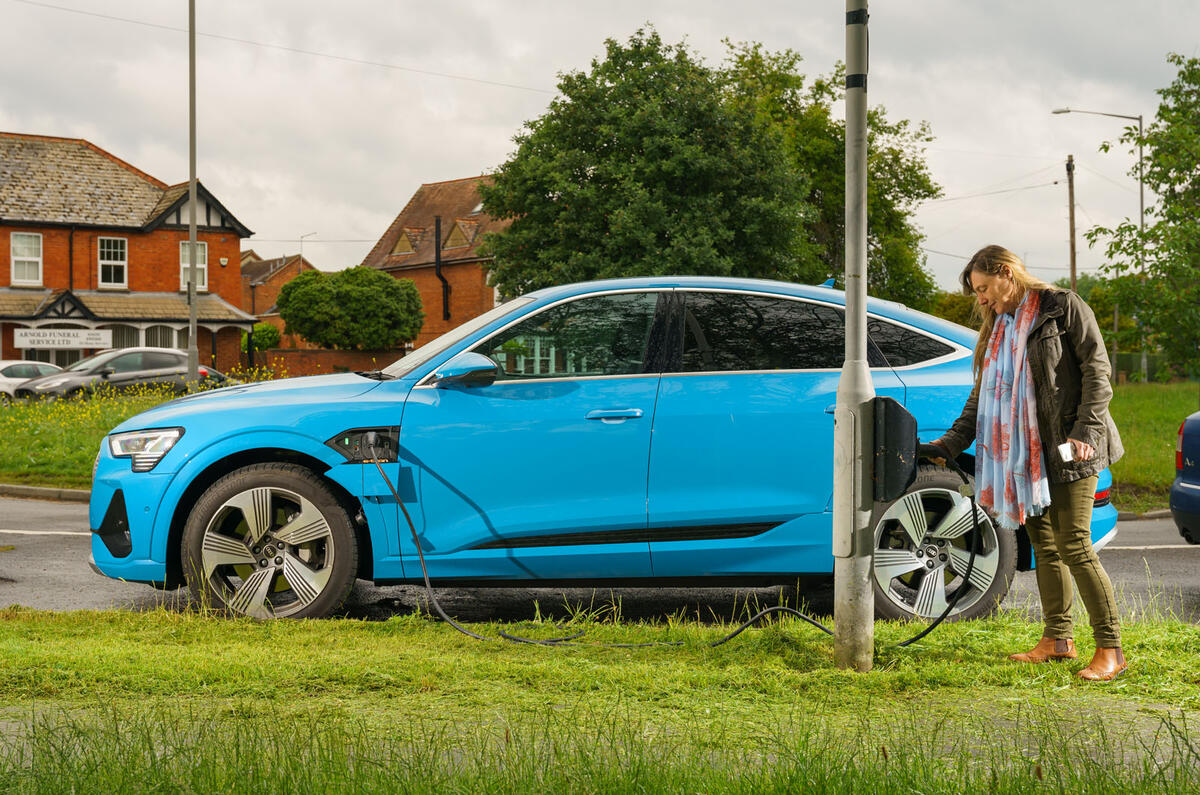Around three million new public charging points are needed across Europe by 2030 if the mandated sale of EVs is to be supported adequately, up from around 375,000 in 2021. That’s an eight-time expansion in nine years, according to a report by McKinsey on behalf of the European Automobile Manufacturers’ Association.
The final part of that sentence signals a note of caution: this report is written to service the car makers’ needs, which basically amount to an adequate infrastructure being in place so there are no barriers to anyone wanting to buy the cars in which they have invested billions. But it remains interesting, nevertheless.




Join the debate
Add your comment
There's a pressing issue here that is now looming: Imported Chinese EVs. Oh boy. In Israel, the market has been impacted by cheaper Chinese-made EVs. European manufacturers have had to reduce car prices to compete. Now the same pattern is starting to happen in Europe. If European manufacturers don't accelerate their electrification plans, they are going to lose market share to cheap Chinese EVs. It will be like the early 1970's and the impact of imported Japanese motorbikes all over again. Who will go bust? BMW? JLR? Don't rule it out.